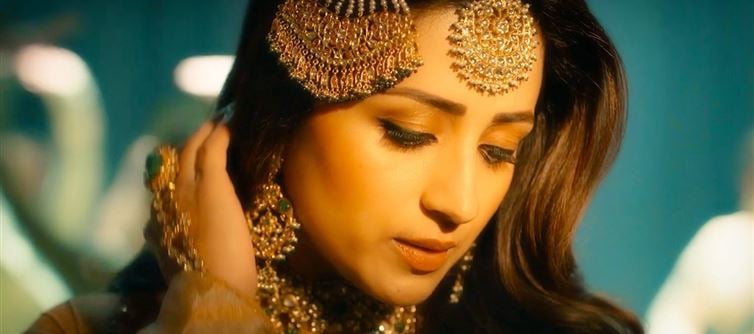
Despite her professionalism, versatility, and contribution to the industry, much of the online discourse surrounding her veers into personal territory, reflecting a troubling pattern where female actors are often targeted regardless of their success or choices.
The latest wave of trolling has come in the wake of her role in Mani Ratnam’s Thug Life, where trisha plays a complex and bold character, reportedly a prostitute, in a story that aims to explore raw human experiences. While many have praised the film’s attempt to break taboos and push narrative boundaries, trisha has again become the focus of social media mockery.
The release of the edited song Muthamazhai, which was removed from the theatrical cut but later uploaded to YouTube, has added fuel to the fire. Her lip-syncing and choreography in the sensual number are being unfairly targeted, with critics mocking her expressions and movements without considering the artistic intent or narrative context.
This kind of targeted trolling underscores a larger issue in the way female actors are judged, especially when they take on roles that challenge societal norms or discomfort conservative sensibilities. trisha, who has played everything from girl-next-door to strong, layered characters, should be lauded for embracing challenging roles rather than mocked for them. The backlash around Muthamazhai reflects more about the audience's double standards than it does about her performance. At 20 years into her career, trisha continues to evolve and take creative risks, a mark of true longevity and commitment—despite the noise of an online world that often fails to give her the respect she deserves.




 click and follow Indiaherald WhatsApp channel
click and follow Indiaherald WhatsApp channel